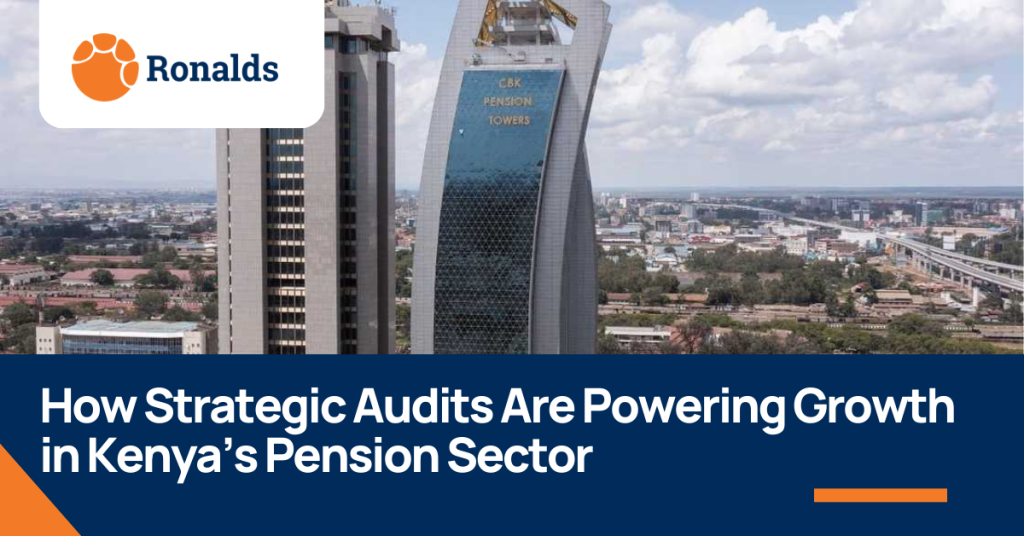Kenya 2025/26 Budget: Highlights, Priorities & Key Reforms
The Kenya 2025/26 Budget, themed “Stimulating Sustainable Economic Recovery for Improved Livelihoods, Job Creation and Business and Industrial Prosperity,” marks a major step in advancing the Bottom-Up Economic Transformation Agenda (BETA). Delivered by Cabinet Secretary John Mbadi, the budget outlines a transformative plan to boost inclusive growth through fiscal discipline, structural reforms, and strategic investment.
Economic Outlook and Macroeconomic Stability
- GDP Growth: 5.2% (2023–2024), outperforming global and regional averages
- Inflation: Fell to 3.8% in May 2025 (from 9.6% in Oct 2022)
- Interest Rates: Treasury bill rates dropped from 15.9% to 8.3%
- Currency Stability: KES 129.3/USD by May 2025
Budget Overview
- Total Expenditure: KES 4.29 trillion (22.3% of GDP)
- Revenue Target: KES 3.32 trillion (17.2% of GDP)
- Deficit: KES 923.2 billion (4.8% of GDP) — financed via domestic and external borrowing
BETA Agenda: Top 5 Priority Sectors
- Agriculture & Food Security (KES 47.6B) – Fertilizer, irrigation, blue economy
- MSMEs (KES 2.7B+) – Hustler Fund, youth & women enterprise
- Affordable Housing (KES 120.2B) – Social housing, slum upgrades
- Universal Healthcare (KES 133.4B) – UHC Fund, cancer centers, immunization
- Digital Superhighway & Creative Economy (KES 12.7B) – Konza, ICT hubs, jobs
Strategic National Investments
- Security: KES 464.9B
- Manufacturing & Industry: KES 18B
- Infrastructure: KES 217.3B
- Energy: KES 62.8B
- Environment & Water: KES 103B+
- Education: KES 658.4B
- Social Protection: KES 41.3B
- Youth, Women & Equity: KES 105.6B
Key Reforms Driving Efficiency
- Zero-Based Budgeting – Every expense justified
- E-Procurement Rollout (July 2025) – End-to-end transparency
- Parastatal Reforms – 42 mergers, 25 dissolved
- Debt Strategy – Target: Reduce debt-to-GDP from 63% to 55% by 2028
Social Innovation & Financial Inclusion
- Climate WorX Programme – 110,000 green jobs
- Pension System Overhaul – Faster claim processing
- National Payments & Financial Inclusion Strategy (2025–2028)
Tax & Finance Bill 2025: Notable Proposals
Direct Tax:
- Minimum Top-Up Tax compliance
- Tax loss carryforward capped at 5 years
- Expanded royalty definition, new per diem rate (KES 10,000)
- Reduced CIT for NIFC-certified companies
- Repeal of investment deductions & sector-specific tax breaks
Indirect Tax:
- VAT refund timelines halved
- Abuse of SEZ exemptions penalized
- VAT & Excise changes on digital services, e-bikes, solar batteries
Other Highlights:
- Excise on high-alcohol spirits
- Customs reliefs on steel, leather, animal feed
- KRA empowered to demand more info, but must justify assessments
Final Thoughts
The Kenya 2025/26 Budget demonstrates a strong commitment to economic recovery, equity, and innovation. With targeted investments in healthcare, MSMEs, infrastructure, and youth employment, the government aims to lay a solid foundation for long-term prosperity.
Written by Ted Gerald




